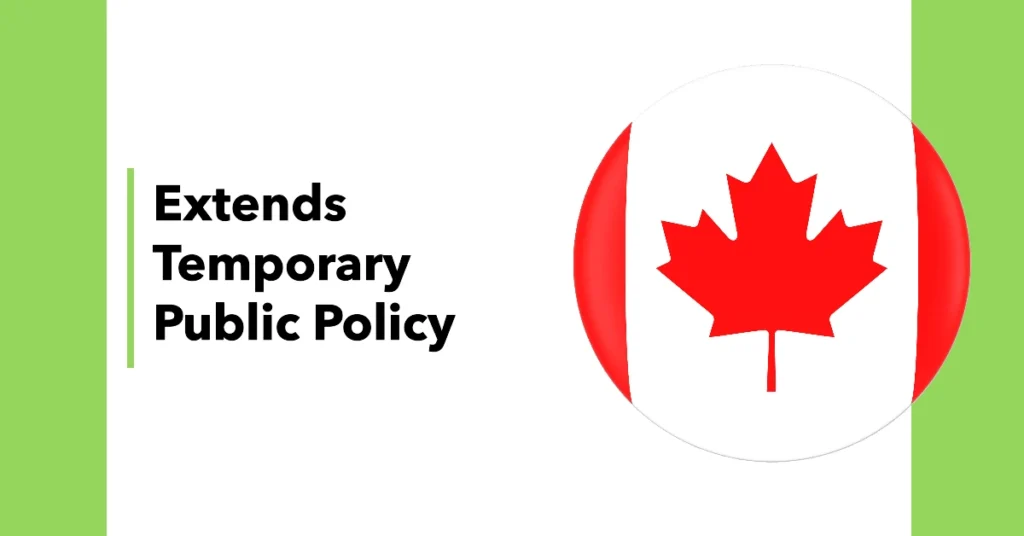The Immigration, Refugees, and Citizenship Canada (IRCC) has extended the temporary public policy that exempts certain low-risk foreign nationals in Canada from undergoing an additional Immigration Medical Examination (IME). Initially introduced two years ago, this policy has benefited over 286,000 applicants and will remain in effect until October 5, 2029.
This extension is designed to speed up application processing for eligible foreign nationals while maintaining strict public health standards.
Table of Contents
Eligibility Criteria of The Extended Policy
The policy applies to foreign nationals in Canada who:
- Have a new or pending application for permanent or temporary residence.
- Have completed an IME within the last five years.
- Do not pose public health or safety risks and have complied with public health monitoring.
Benefits of the Policy
This exemption reduces delays in processing immigration applications and alleviates the burden on Canada’s healthcare system by lowering the number of medical exams required for low-risk applicants.

Who Needs to Undergo an IME?
Foreign nationals who do not meet the policy’s criteria must still undergo a standard IME as part of their immigration process. IRCC will provide guidance to these individuals.
Why Was the Policy Extended?
Originally introduced during the pandemic, this policy helped IRCC manage immigration applications more efficiently. The extension allows continued evaluation of its operational and public health benefits.
Faster Processing Times for Applicants
The exemption facilitates faster immigration processing, benefiting individuals seeking permanent residency or temporary status by avoiding delays associated with medical exams.
What Does This Mean for Future Applicants?
Extending the policy to 2029 highlights Canada’s commitment to improving immigration efficiency while addressing public health concerns. Applicants should ensure they meet eligibility requirements to take advantage of the exemption.
GST/HST Payment Dates 2024: Due, Netfile Deadlines, & Filing Requirements
1200 Month for Retired Seniors Know Eligibility Payment Dates Fact Check
How to Get a GST Number for Your Business in Canada
$519 One Time GST Payment Rebate 2024 If You’re Single
GIS Allowance for Canadian Seniors in 2024: Eligibility Criteria & Amount Details
How the Policy Helps Both Applicants and the Healthcare System
By exempting low-risk individuals from a second IME, the policy reduces healthcare system strain and benefits those from countries with limited medical resources.
What Happens Next for Non-Eligible Applicants?
Non-eligible applicants must undergo an IME as per standard procedures. IRCC will provide direct communication to guide them through the next steps.
